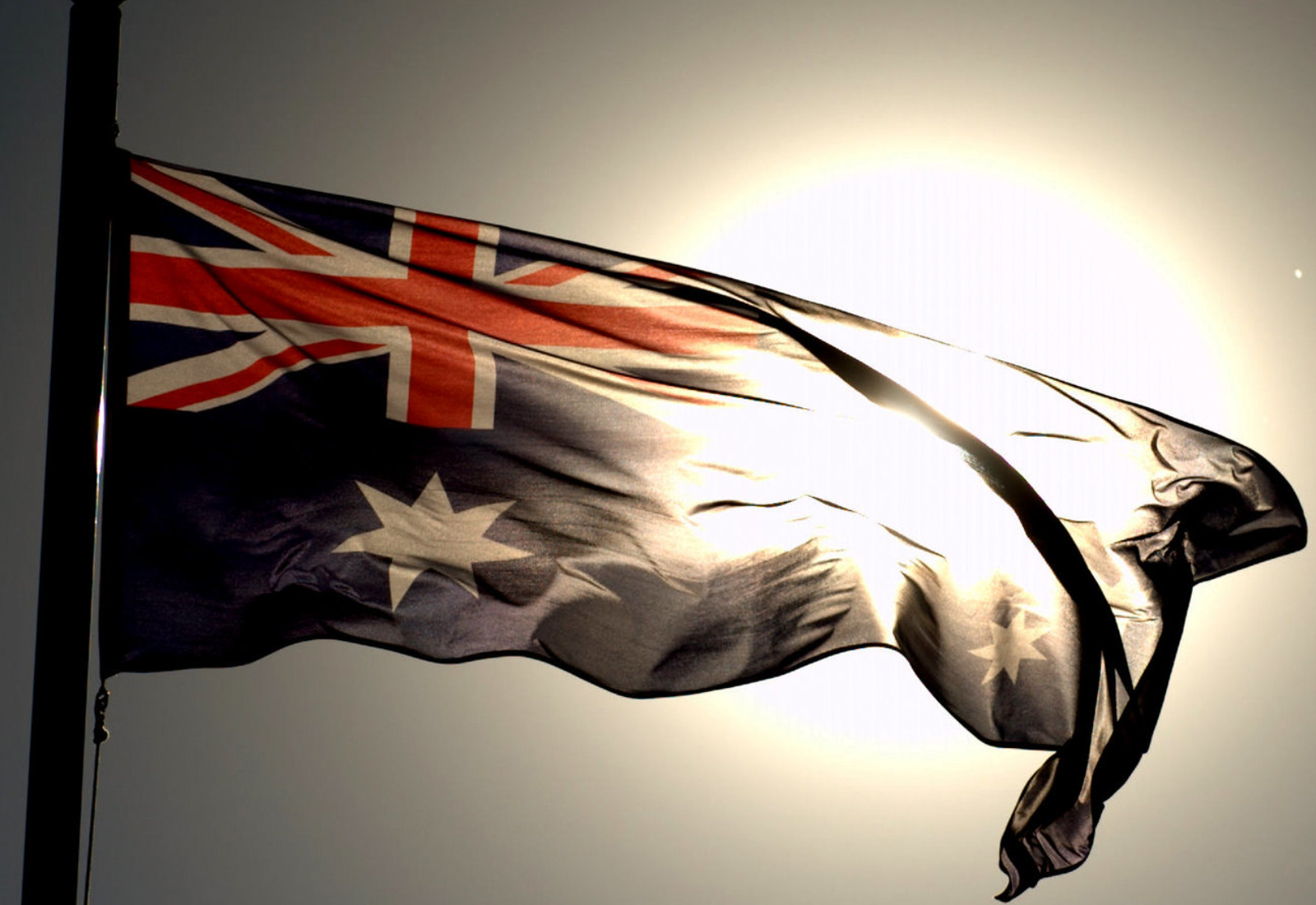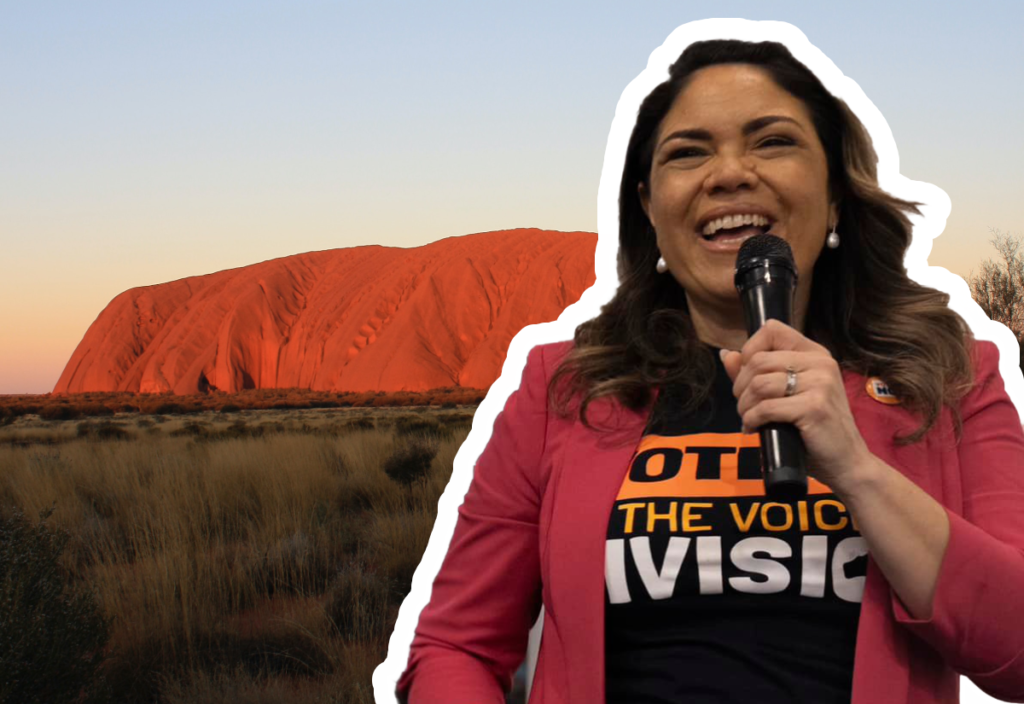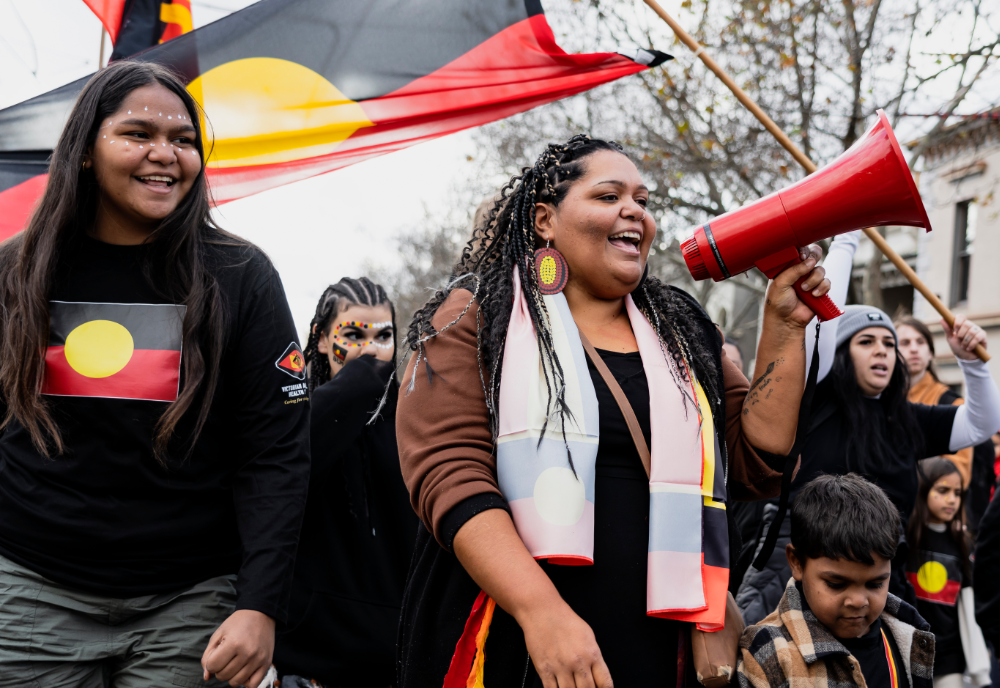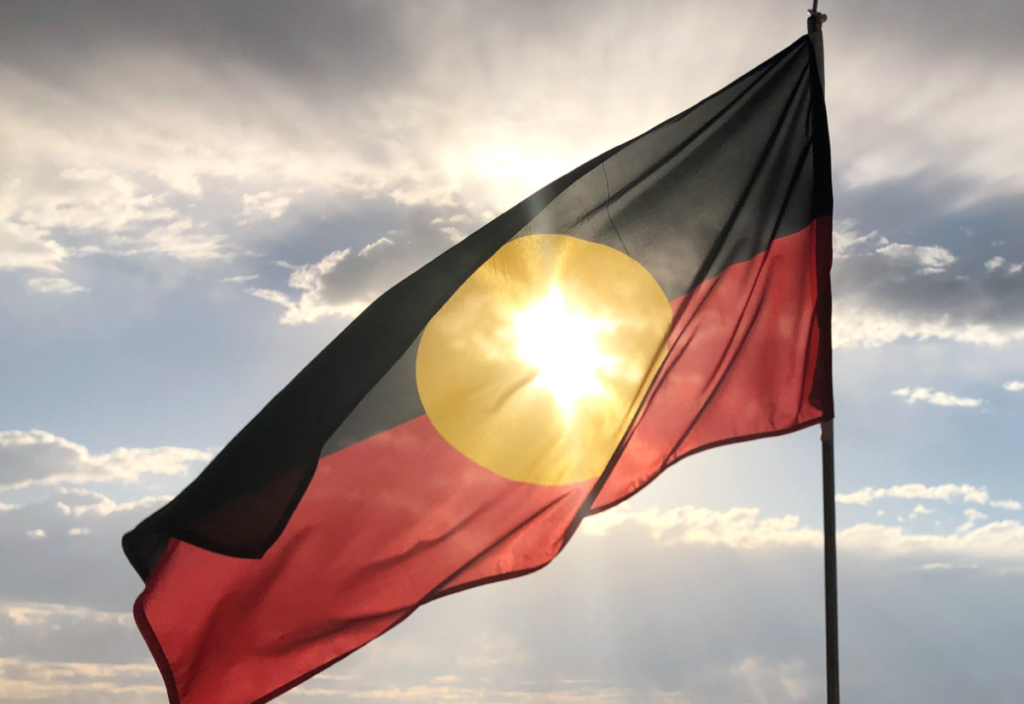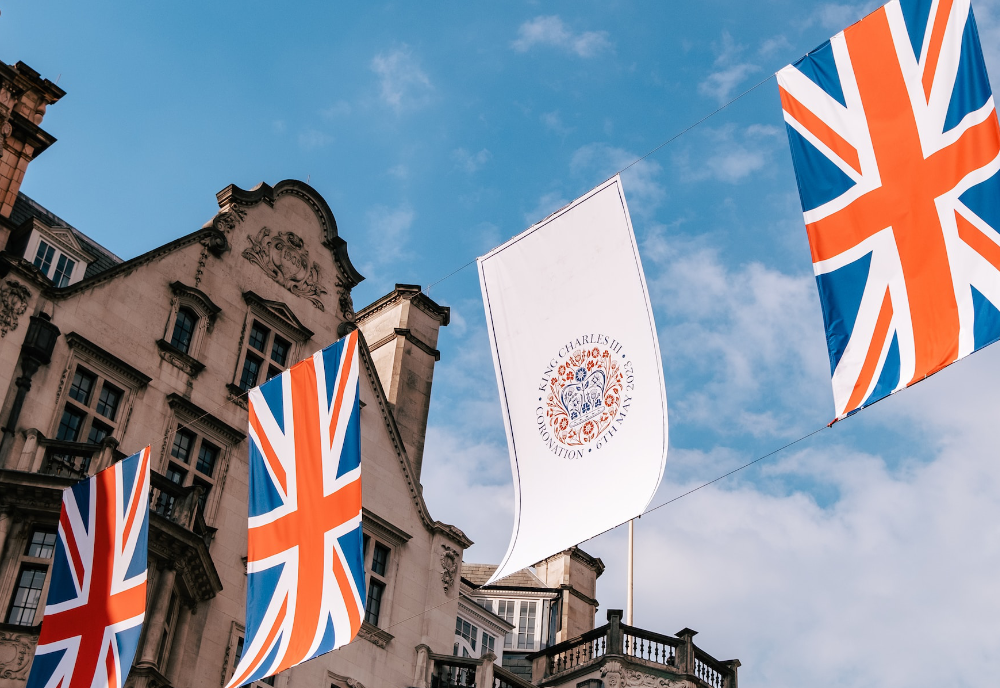Most nations – the United States, Greece, Finland, India, Indonesia and many others – celebrate their national day on the day they stopped being a colony. Australia is the only nation on the planet that celebrates its national day on the day it started being a colony.
Most nations on their national day celebrate something significant which they achieved – the day they stormed the Bastille, or trudged on the Long March, or wrote the Declaration of Independence. Australia is the only nation on the planet whose national day celebrates another country’s achievement. Creating a settlement in Sydney Cove on 26 January 1788 was a British accomplishment, not an Australian one.
Many Australians are confused about 26 January’s significance, which is not surprising, since it’s not a day on which any event of significance for Australia as a whole actually occurred. It’s not the day the continent was claimed by Great Britain. That was by Captain Cook on 22 August 1770. It’s not the day British settlers first landed here to found a colony. That was 18 January 1788, when the First Fleet began to arrive in Botany Bay and the convicts started establishing a settlement there.
It is, of course, the day that the convicts and their guards decamped from Botany Bay to Sydney Cove for a second go at establishing a settlement, thus effectively founding Sydney. So 26 January can legitimately be celebrated as ‘Sydney Day’. But Sydney is not Australia. The elevation of ‘Sydney Day’ to Australia Day is one of the greatest con tricks that New South Wales has played on the rest of the country.
When I was growing up, 26 January was called ‘ANA Day’, after the Australian Natives’ Association, which promoted the day and was in charge of the festivities. ANA Day paid tribute to the superiority of white male native-born Australians, who were the only people admitted to ANA membership. So the roots of the 26 January commemoration lie in racism, sexism and jingoism.
Before I was born, the ANA had been aided and abetted by a 1930s Victorian Labor government which wanted to establish a long weekend for Victorian workers in mid-summer. They seized on 26 January, already celebrated in NSW, as a convenient excuse, and enacted an annual public holiday on the Monday closest to that date. So until 1994, here in Victoria 26 January itself was only a public holiday roughly one year in seven, and in most years it was just an excuse for a long weekend.
The most logical day on which to celebrate our nationhood is the anniversary of the day we actually became a nation: 1 January 1901. The founding fathers thought they were doing the right thing by hitching Australia’s creation to the ‘First Day of the New Century’. While they may get brownie points for neatness, they failed dismally in practicality. They bequeathed the nation a ‘foundation day’ impossible to celebrate on because everyone is too hung-over from New Year’s Eve. There were attempts in the first couple of years of Federation to celebrate Australia Day on 1 January, but the observance soon died out.
The most shameful thing about the 26 January celebration however is neither its dubious pedigree nor its absence of relevance. The tragedy of 26 January is that it marginalises the one thing that does make Australia different from every other immigrant nation on earth: we inherited the longest-surviving continuous indigenous culture on the planet. Any celebration of Australia that does not radiate out from that central truth is not worth setting off a penny bunger for.
So we need a day to celebrate all the people who have contributed to Australia as it is today – the convicts, explorers, drovers and drovers’ wives, farmers, miners, labour leaders, feminists, politicians, inventors, traders, writers, charity workers, mothers and fathers. But we must start with our First Nations who were peaceful custodians of this land for tens of thousands of bushfire-free, erosion-free, pollution-free years.
If 26 January does not resonate for European Australians, it is even less meaningful for our First Nations. It is time for reconsideration, acknowledgement, reconciliation and change.
Photo by Johnny Jet on Flickr (cc)

